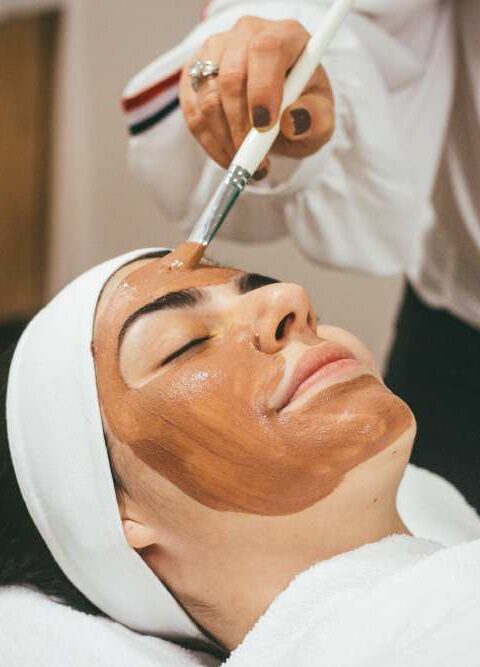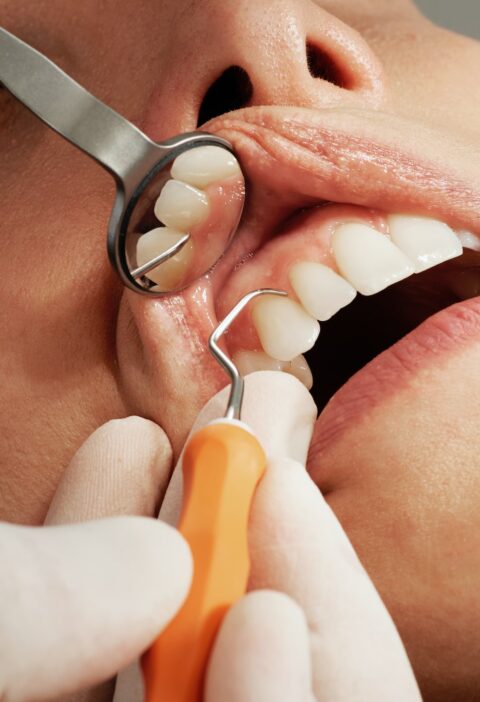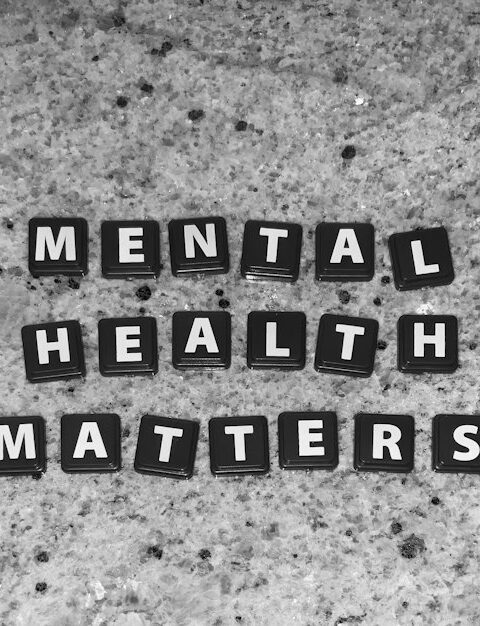So, let’s talk about something that’s often whispered about but rarely discussed openly: rehab. The stigma around seeking rehab treatment can feel like a huge barrier, preventing many from getting the help they desperately need.
Why Is There a Stigma?
Stigma around rehab treatment comes from a mix of misinformation, fear, and societal attitudes. Often, people view those needing rehab as weak or morally flawed. This is far from the truth. Addiction and mental health issues are complex and multifaceted, involving genetic, environmental, and psychological factors. No one chooses to struggle with these issues, just like no one chooses to have a physical illness.
The Power of Words
Language plays a huge role in perpetuating stigma. Words like “addict” or “junkie” carry negative connotations and dehumanize those struggling with substance abuse. Shifting our language to be more compassionate and person-centred can make a significant difference. For instance, instead of saying “addict,” try “person with a substance use disorder.”
The Importance of Seeking Rehab Treatment
Now, let’s get to the heart of the matter: why seeking treatment from a top rehab in London is so important.
Health Benefits
- Physical Health – Substance abuse takes a toll on the body. Rehab provides medical care to address these issues, helping to heal your body.
- Mental Health – Addiction often coexists with mental health disorders. Rehab offers integrated treatment to address both, leading to better outcomes.
- Emotional Stability – Rehab helps you develop coping strategies, reducing the likelihood of relapse and helping you manage stress and emotions better.
Personal Growth
- Self-Awareness – Rehab encourages introspection, helping you understand your triggers and behaviours.
- Skills Development – You’ll learn new skills to manage your life and relationships more effectively.
- Confidence – Successfully completing a rehab program can boost your self-esteem and confidence.
Community and Support
- Peer Support – In rehab, you’ll meet others who are on the same journey. This camaraderie can be incredibly motivating.
- Professional Guidance – Rehab provides access to therapists, doctors, and counsellors who guide you every step of the way.
- Aftercare – Most rehab programs offer aftercare support, helping you maintain your recovery long after you leave the facility.
Myths About Rehab
Let’s bust some common myths about rehab, shall we?
Myth 1: Rehab is only for severe cases. Reality: Rehab is beneficial at any stage of addiction or mental health struggles. Early intervention can prevent issues from escalating.
Myth 2: Rehab is a one-time fix. Reality: Recovery is an ongoing process. Rehab is a significant step, but continued support and effort are essential.
Myth 3: You have to hit rock bottom to benefit from rehab. Reality: Seeking help early can prevent hitting rock bottom and lead to a smoother recovery journey.
Overcoming the Fear
Taking the step to enter rehab can be daunting. It’s natural to feel scared or uncertain. But let’s tackle those fears head-on.
Fear of Judgment
Many fear being judged by family, friends, or colleagues. Seeking help is a sign of strength, not weakness. Those who truly care about you will support your decision to get better.
Fear of the Unknown
Not knowing what to expect in rehab can be frightening. Most rehab facilities offer tours and detailed explanations of their programs. Don’t hesitate to ask questions and gather information.
Fear of Failure
The fear of not succeeding can be paralyzing. Understand that relapse can be part of the recovery process. It doesn’t mean you’ve failed; it means you need to reassess and continue your efforts with the support of your rehab team.
Steps to Take
If you’re considering rehab, here are some steps to help you get started:
Research
Look into different rehab facilities and programs. Consider factors like location, types of treatment offered, and aftercare support.
Speak to a Professional
Consult with a healthcare professional who can provide guidance on the best course of action.
Reach Out for Support
Talk to trusted friends or family members about your decision. Their support can be invaluable as you navigate this journey.
Prepare Yourself
Mentally and emotionally prepare yourself for rehab. This might involve setting goals, writing down your reasons for seeking treatment, and reminding yourself of the benefits.
The Impact on Loved Ones
Seeking rehab treatment doesn’t just benefit the individual; it positively impacts loved ones too. Addiction and mental health issues can strain relationships, causing stress and anxiety. When you commit to getting better, you’re not only improving your own life but also healing relationships and setting a positive example for others.
Let’s Change the Narrative
It’s time to change how we talk about rehab and those who seek it. Every person’s journey is unique, and seeking help is a brave and commendable step. By sharing stories of recovery, using compassionate language, and supporting those in need, we can break down the stigma surrounding rehab.
Share Your Story
If you’ve been through rehab, consider sharing your story. Your experience can inspire and encourage others to seek help. Remember, there’s strength in vulnerability and openness.
Support Others
If someone you know is considering rehab, offer your support. Listen without judgment, provide encouragement, and be there for them throughout their journey.
Educate Yourself and Others
Stay informed about addiction and mental health issues. Share accurate information with others to combat misinformation and stigma. The more we know, the better we can support those in need.
In the end, overcoming the stigma of seeking rehab treatment is about changing perceptions, both our own and those of society. It’s about understanding that seeking help is a powerful, courageous act.







